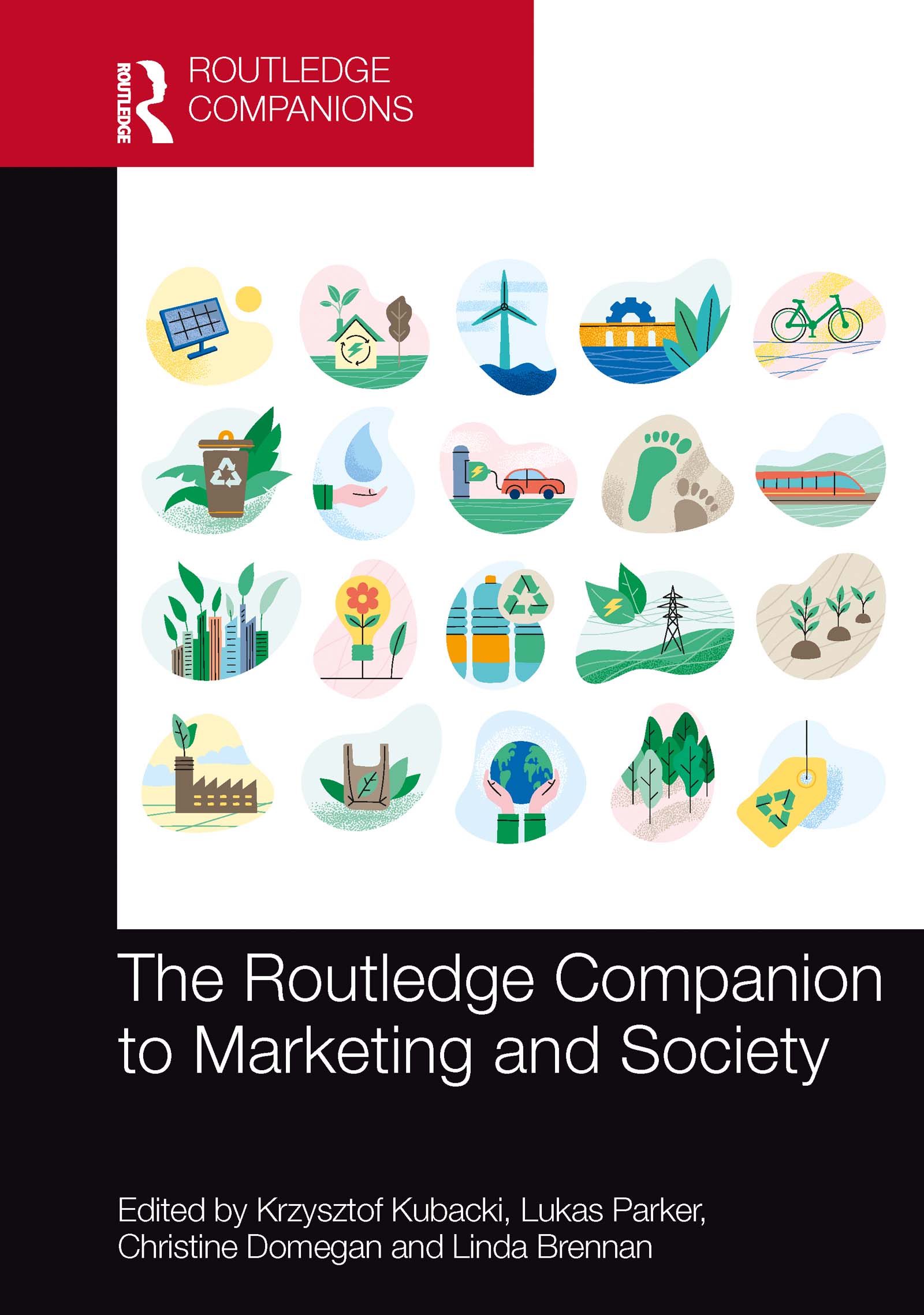This book addresses the increasing prominence of family-owned business groups and their potential to influence growth and development in the global economy. Family businesses are not necessarily converging towards unitary models of corporate governance or organizational designs, but remain heterogeneous in a global economy. Empirical evidence on the developmental effects of family-owned business groups is fragmented and inconclusive: are there tangible differences between family-owned business groups in emerging economies and developed countries? Are there important variations across and between industries? How have geopolitical circumstances shaped their activities? In this book, the author seeks alternative, pluralistic, and cross-disciplinary approaches through economic, management, and organizational perspectives. This book provides readers with a core understanding of how both corporate governance and business strategy are shaped by the institutional frameworks of markets, as well as knowledge into how institutional context shapes the governance and strategies of family business groups. It is an invaluable reference tool for scholars and students in the social sciences, as well as professionals involved in strategic management issues within a knowledge management context.












